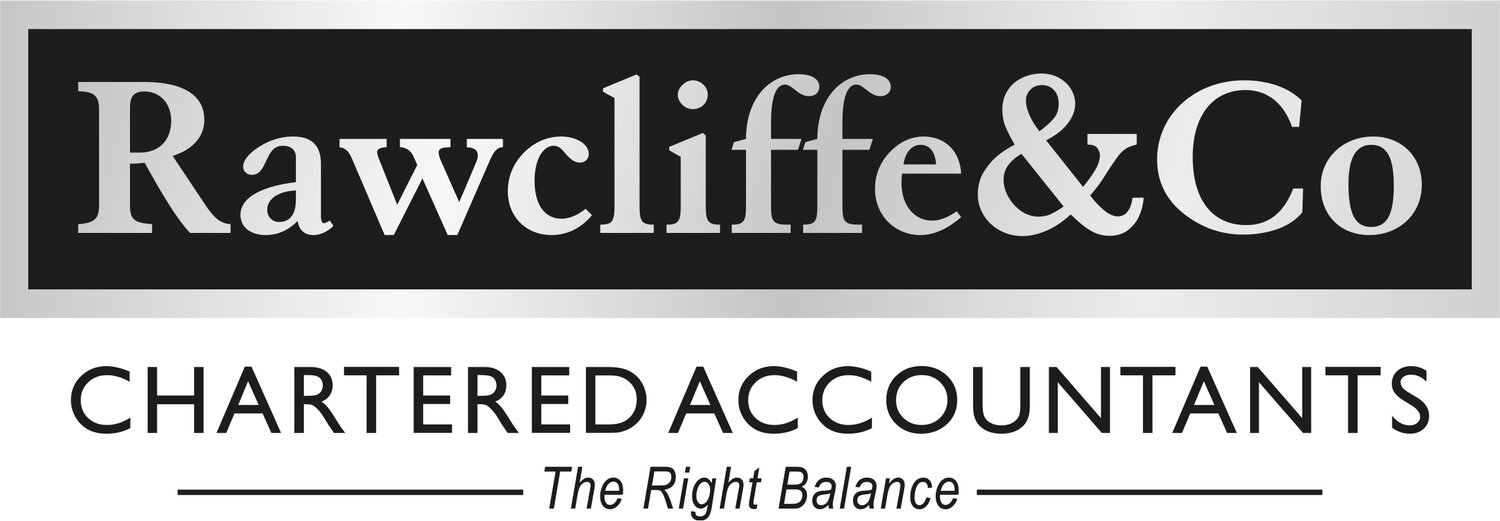New Year Tax Planning Ideas
At this time of year, we think about New Year’s resolutions. It is also a good time to start planning your tax affairs before the end of the tax year on 5th April.
An obvious tax planning point would be to maximise your ISA allowances for the 2021/22 tax year (still £20,000 each).
You might also want to consider increasing your pension savings before 5 April 2022 as the unused annual pension allowance is lost after three years. For those looking to do some inheritance tax planning it would be a good time to review (or make) your Will.
Pension Planning
In the run up to the Autumn Budget many were predicting that the chancellor might announce restrictions to pension tax relief. Thankfully nothing has changed -yet.
For most taxpayers the maximum pension contribution continues to be £40,000 each tax year. This limit covers both contributions by the individual and by their employer into their pension fund.
Note that the unused allowance for a particular tax year may be carried forward for three years and can be added to the relief for the current year, but then lapses if unused. Thus, the unused pension allowance for 2018/19 will lapse on 5 April 2022 if unused.
Time To Review Your Will?
Top of the new year to do list for many individuals is to make or update their will. Many think this is something to leave until later in life, but it is important to get things in place once property is acquired or when children come along.
In the absence of a will there are statutory rules which dictate how your assets are distributed on death. Those statutory intestacy rules may not be tax efficient, and you might to want to make specific provision in your will for your unmarried partner or for the guardianship of your children.
Talk to us about the tax implications of your plans before you instruct a solicitor to get your will drafted or updated.
Looking To Get Your Tax Bill Down?
If your tax payment due on 31 January is more than you expected there is still time to reduce the liability if you are prepared to take a risk. An HMRC tax planning opportunity is to invest in a company that qualifies under the Enterprise Investment Scheme (EIS) or under Seed EIS.
These investments enable you to deduct 30% or 50% respectively of the amount invested from your income tax bill. For example, £10,000 invested in a qualifying EIS company will enable you to deduct £3,000 from your tax bill.
Normally the shares need to be issued in the tax year in question, but it is also possible to invest in the following tax year and carry back the relief to the previous year.
You will need to get independent financial advice as these tend to be risky companies, particularly Seed EIS companies which are smaller start-up companies.
The Rawcliffe & Co team is available via phone or email Monday to Thursday 9-5pm and 9 – 4:30pm on Fridays.
Tel: 01253 798812
Email: info@rawcliffeco.com

